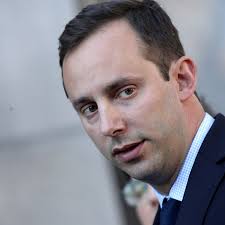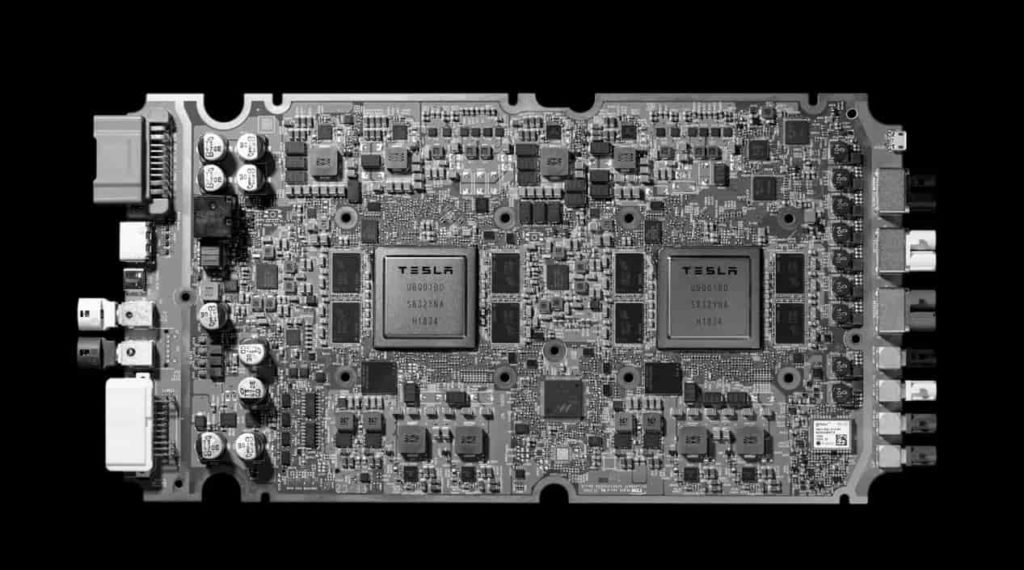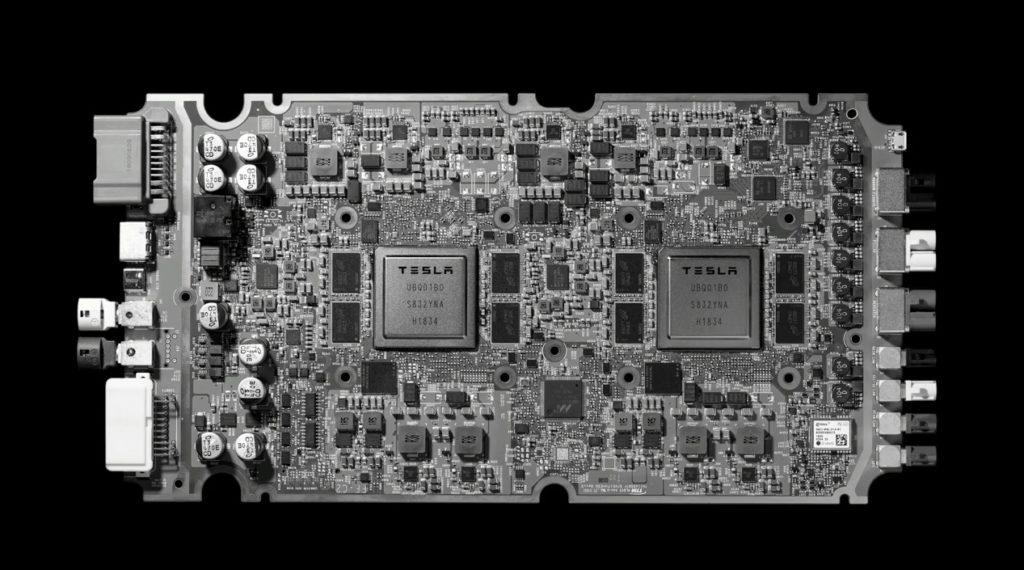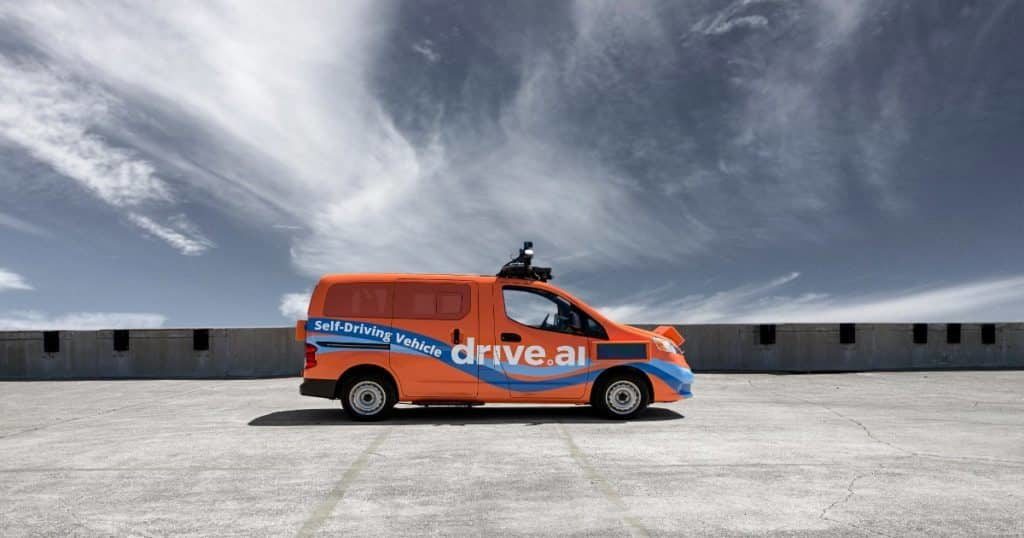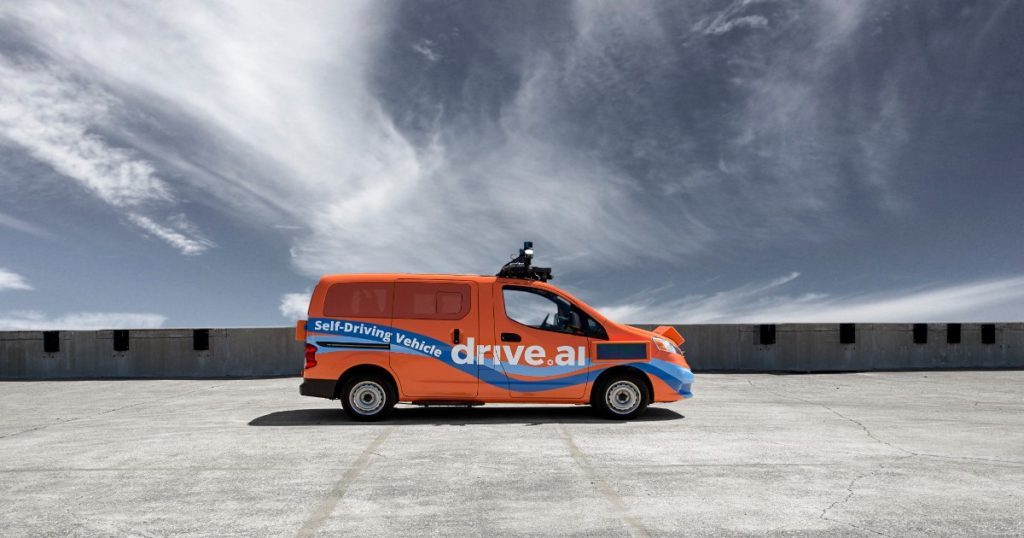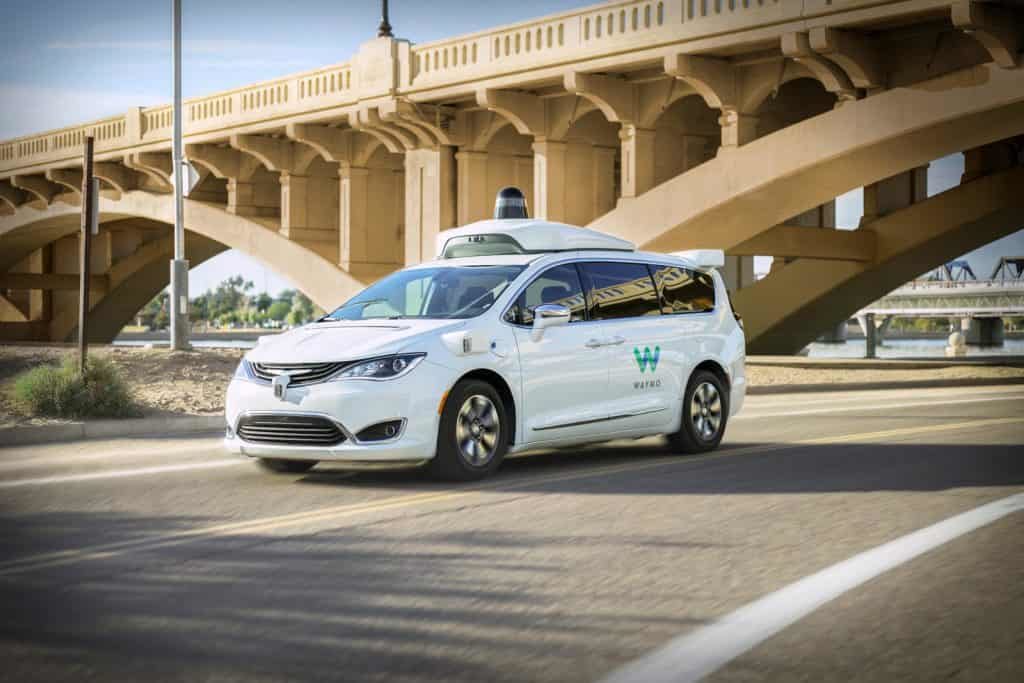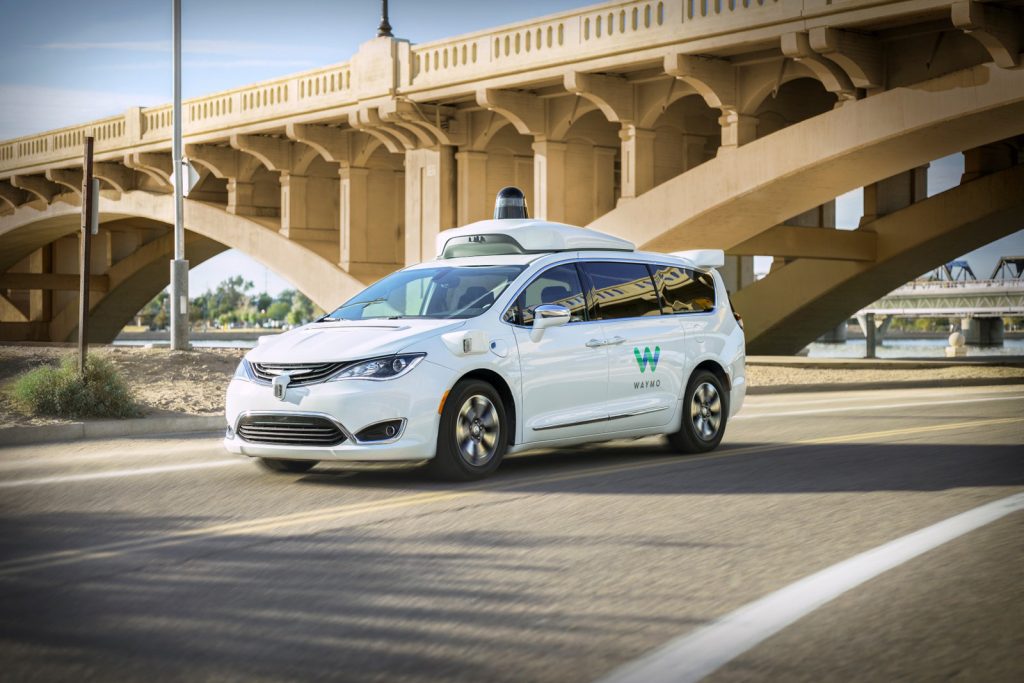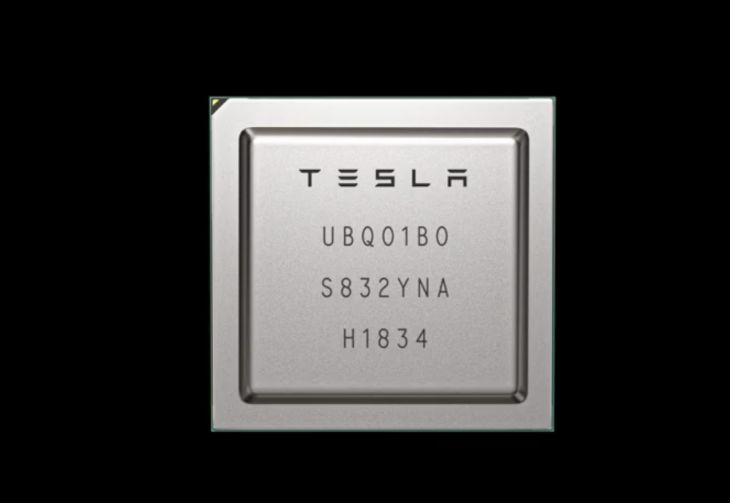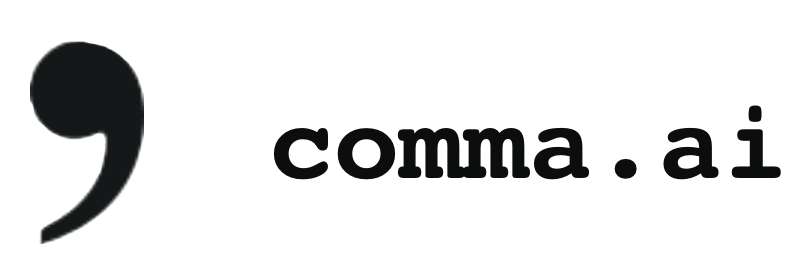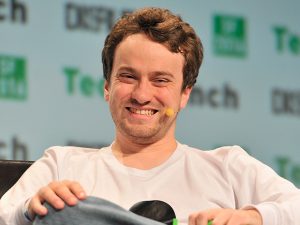Anthony Levandowski Admits to Having Stolen from Google
Former Google employee and a pioneer of the self-driving car concept, Anthony Levandowski, yesterday pled guilty to stealing trade secrets from Google. He had left the tech giant in 2016, with dreams to start his self-driving truck manufacturing company, which Uber went on to acquire for $680 million. This led to Google’s division for self-driving automobiles, Waymo to sue Uber for using its technology. The lawsuit was finally settled in February, with Uber having to pay Waymo $245 million. Here’s a look at how the saga unfolded and what impact it can have on the industry, and both companies involved.
Indictment and Trial
The prosecutors chose to indict Levandowski last year, in August for 33 counts involving theft, theft of trade secrets and attempted theft from Google. All these allegations are said to have happened when he decided to leave the tech giant way back in 2015. While he had denied these allegations for a long time, Levandowski finally pleaded guilty to the charge that accuses him of trade secret theft. The Federal deal, as per reports, will lead to the other charges against being dropped, thanks to his confession. As per the US District Court of California, this plea carries a sentence that could lead up to 10 years in prison with a fine of $250,000.
Trial till Now
Levandowski said in his plea that he had downloaded the files in question intending to use them personal benefit, knowing fully well that he had no right to do so. However, no date has been set for sentencing him yet. At the beginning of March, the court had ordered him to pay Google $179 million for unlawfully terminating his contract with them. A couple of hours after this sentence was finalized on Wednesday, he filed for bankruptcy protection, under Chapter 11. Once the arbitration panel ruled that he owed Google $179 million, he filed for bankruptcy while in September, a lawyer had said he owned assets worth $72 million.
The case Waymo filed against Uber focused on lidar, which is a laser scanning technology that helps vehicles maintain their autonomy. However, Levandowski pleaded guilty to stealing a weekly update regarding the project. This document is said to have contained information regarding quarterly goals, metrics, technical challenges and recommendations on how to overcome challenges. Him pleading guilty has prevented him from now seeking a trial to appeal for conviction. He has also admitted that he downloaded around 14,000 files from the Google server to his laptop.
In 2018, Levandowski had announced that he had founded a new company called Pronto to focus on computer vision rather than lidar. However, when he was indicted on several criminal charges by the prosecutors, he had no choice but to leave this company.
Fall from Grace
Levandowski was once a heavily lauded engineer who had headed Google’s self-driving automobile division, earning it a lot of praise and recognition. Levandowski had been a significant player in the field of AVs since his early 20s, by entering the 2004 Darpa Grand Challenge. He then helped Google set up their AV team in 2009, growing within that team and even heading it at one point. However, by 2015, he had been removed from his position of ultimate power, due to power struggles with teammate Chris Urmson, which led to him quitting.
Shortly before leaving the giant, he stole highly confidential documents which contained crucial information regarding the project. Most prosecutors agree that the plea will warrant a sentence which will put him behind bars for around 24 to 30 months. The charges were levelled against him because right after he left Google, he founded his own company Otto which focused on self-driving trucks. It was this company that Uber acquired for $680 million. Waymo sued Uber in 2017, alleging that Uber bought Otto to gain access to their confidential records which Levandowski had stolen. In the 2018 settlement, Uber agreed to pay Waymo $245 million. However, while handling the case, the judge advised the prosecutors to file a criminal lawsuit against Levandowski for theft, leading to his indictment in August last year. The trial for these was to happen in January 2021, with Levandowski planning to plead innocent. Yesterday evening, he stated that while he was planning of fighting against the case, he decided it wasn’t worth it. He also said that he hopes to put all this behind him and move on.

Being a cinephile with a love for all things outdoorsy, Athulya never misses a chance to chase inspiring stories or poke fun at things, even when the subject is herself. Currently pursuing a degree in mechanical engineering, she is someone innately interested in technical and scientific research. Music reviews and op-eds define her as they allow her to explore different perspectives. Though sometimes she thinks she makes more sense playing the guitar than she does while writing.
